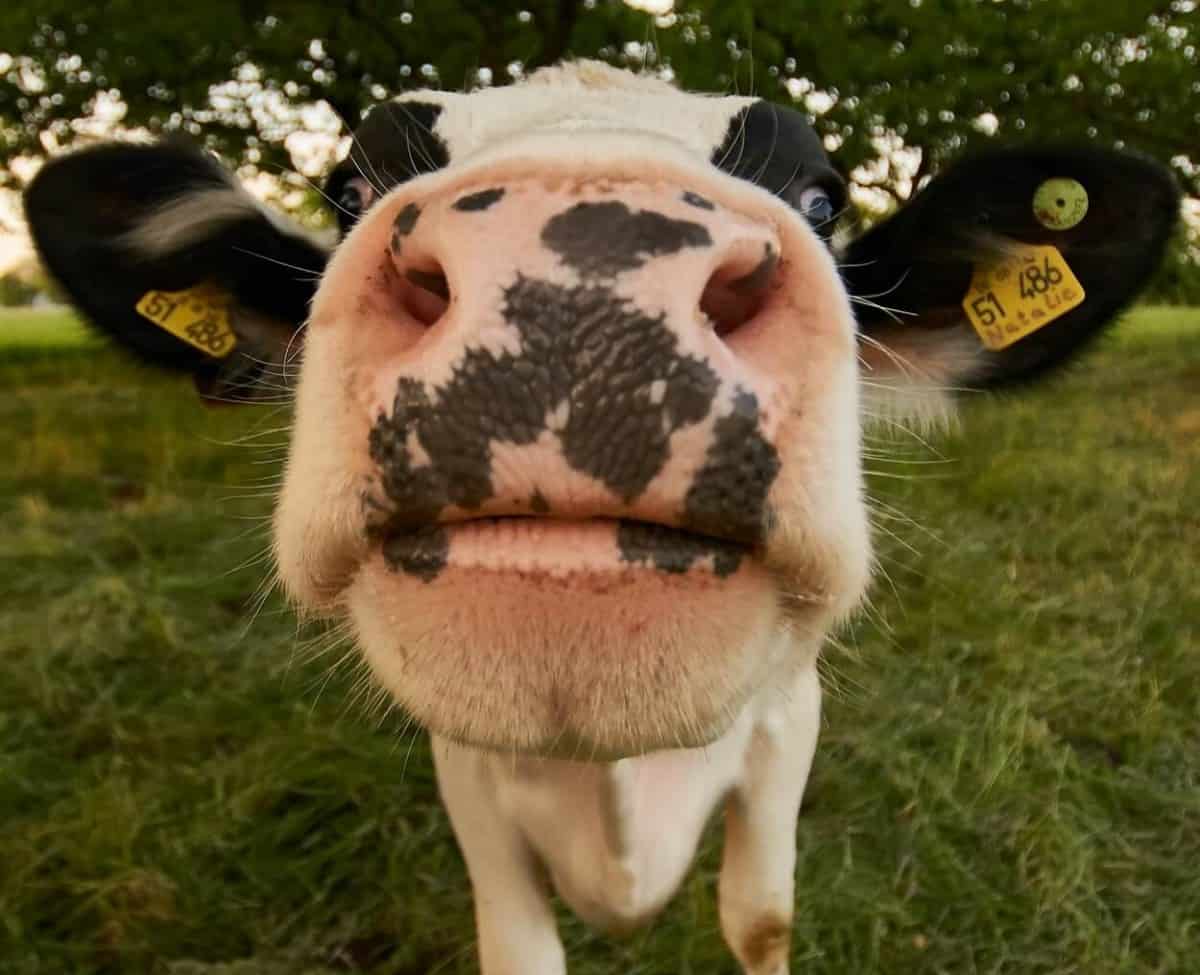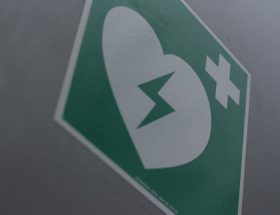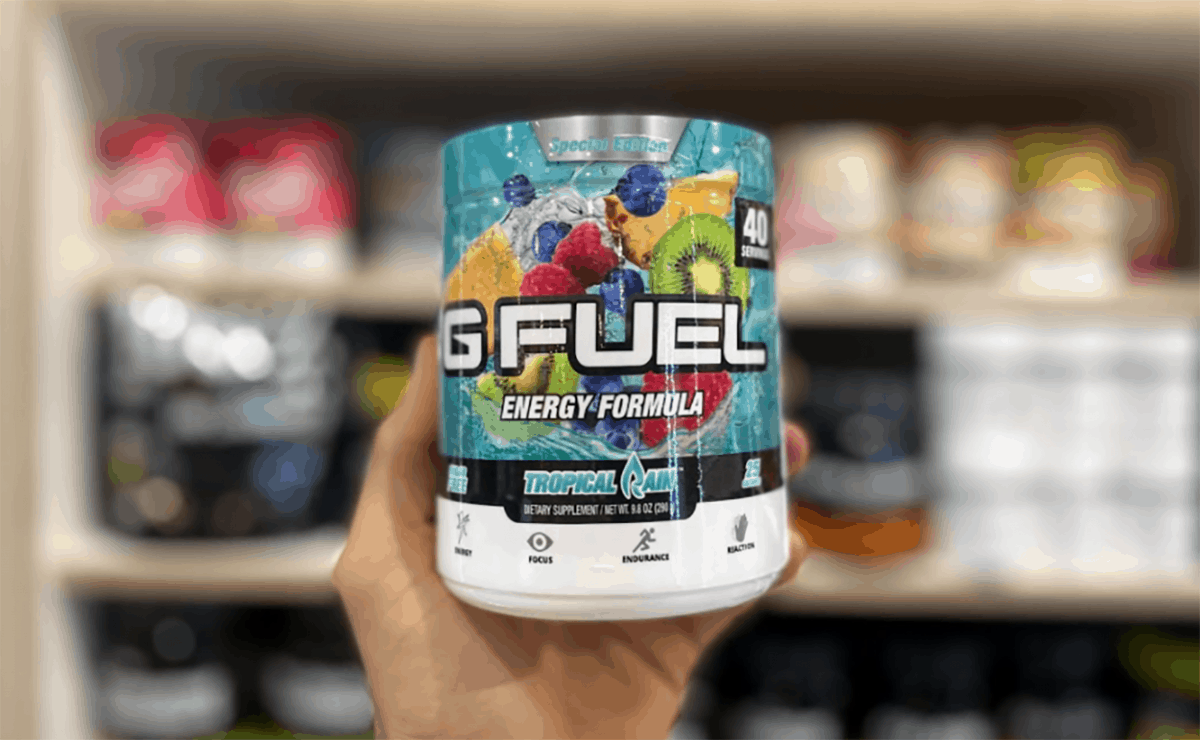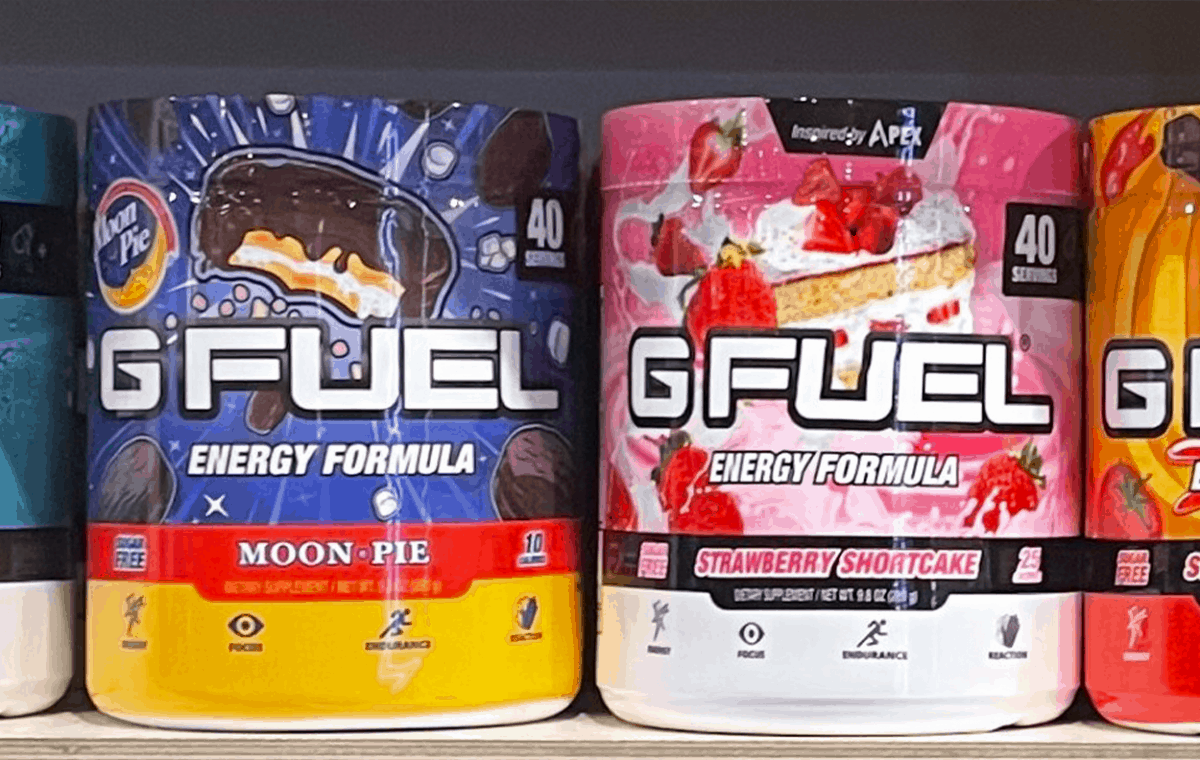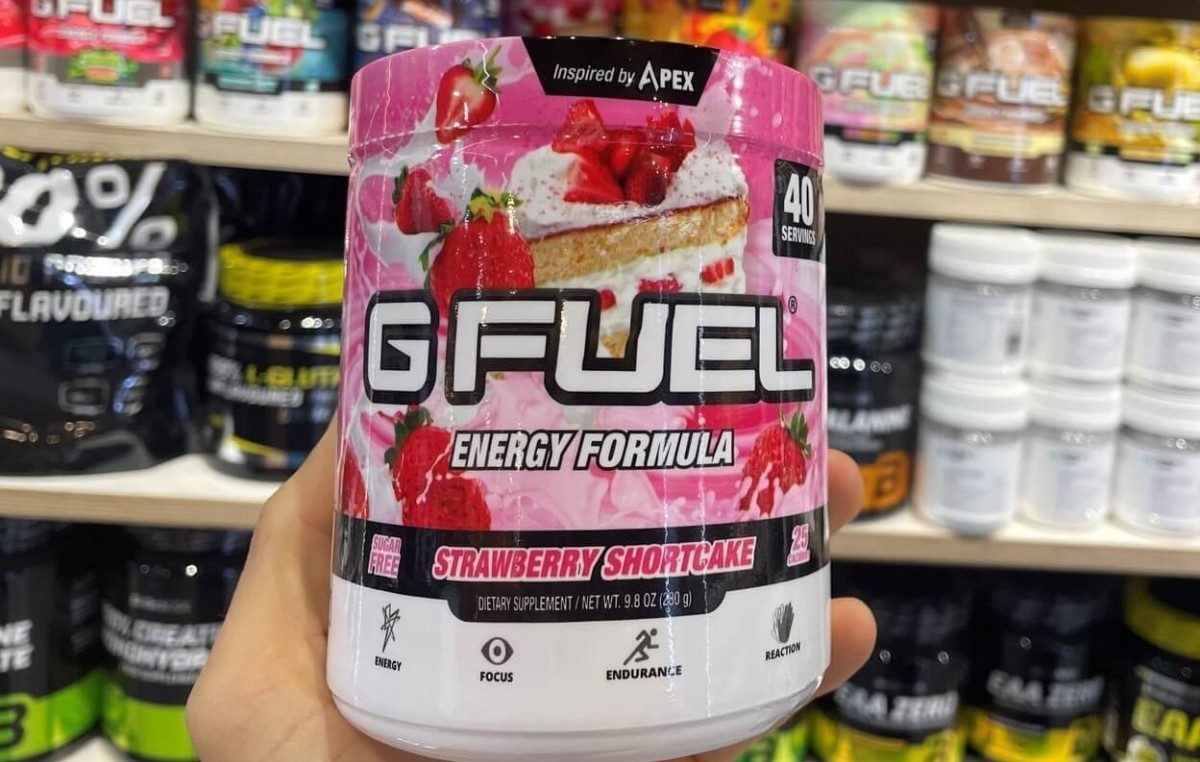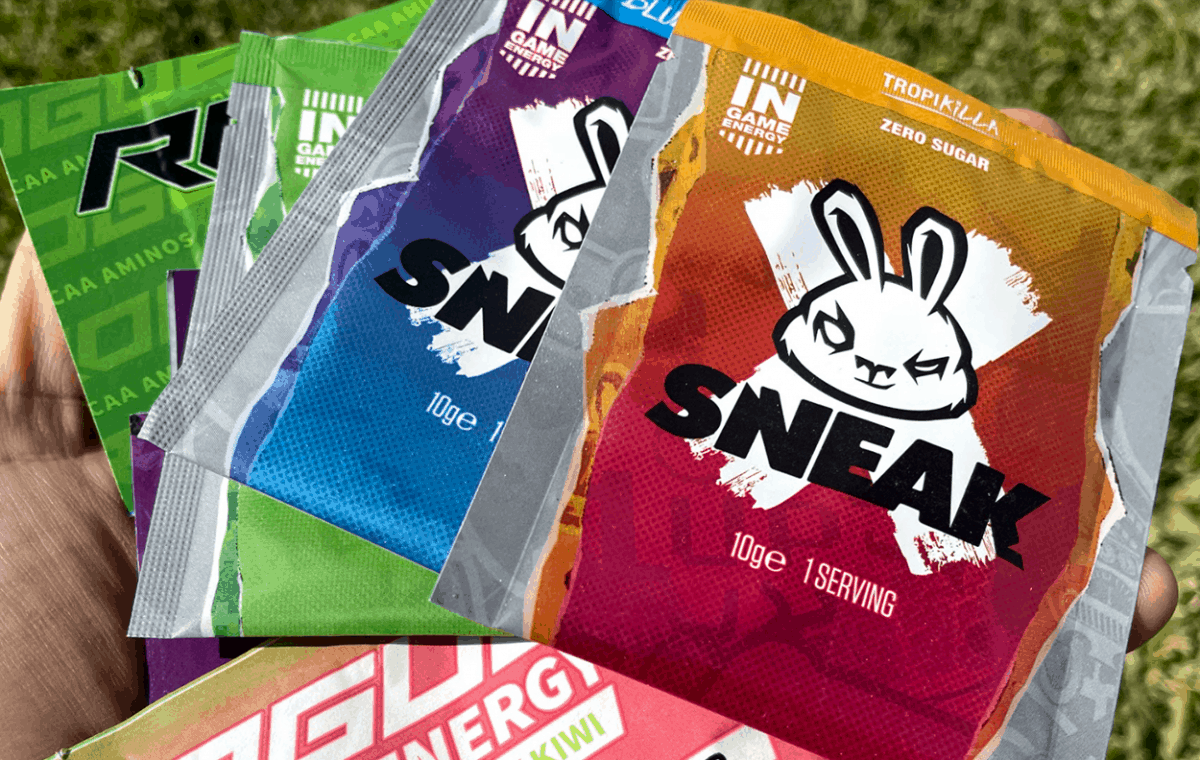
Can Energy Powder Drinks Make You Gassy? (Answered)
Energy drinks have grown in popularity recently, even though many are high in caffeine, sugar, or artificial sweeteners.
Powdered energy drinks have been increasingly popular in recent years. Powdered energy drinks, like ready-to-drink energy drinks, help you stay hydrated and maintain your energy levels throughout the day by restoring electrolytes in your body that have become depleted.
While the rapid spike in energy may appear to be beneficial in the short term, how do these chemicals affect your digestive system?
Caffeine is a stimulant that causes loose stools or diarrhea by increasing gut motility or the contraction of the muscles that propel contents through the gastrointestinal tract.
Caffeine has the potential to serve as a moderate diuretic, increasing urine output. It can also cause jitteriness, worry, and a lack of sleep, with stress and anxiety typically exacerbating the symptoms of many gastrointestinal diseases.
And keep in mind that those “zero-calories” energy powder drinks are sweetened with artificial sweeteners like aspartame and sucralose. Certain people may experience painful bloating, gas, and diarrhea due to these hidden factors.
Please continue reading to learn about the negative impacts of energy powder drinks on human health, particularly stomach gas, and how caffeine and sugar contribute to this.
Contents
What Is Gas?
Everyone belches or farts to get rid of gas. Gas pain or bloating can be caused by intestinal gas. Dietary adjustments and over-the-counter medications help most individuals relieve gas.
Too much unpleasant gas might signify a digestive condition or another major health issue. With correct therapy, gas symptoms can often be alleviated.
The symptoms of gas differ and vary from person to person. Bloating, distension and passing gas are all common signs of gas in the digestive tract. It’s typical to experience occasional gas symptoms, especially during or after meals.
Intestinal gas is an unavoidable side effect of food digestion. Now and then, everyone gets gassy. According to studies, the average person farts up to 21 times every day.
Gas is caused by:
- Swallowed Air
- Bacteria in the large intestine
- Untreated health problems
- Poor diet
- Food digestion
- Carbonated Beverages
- Sugar Intake (high)
After consuming specific foods or drinks, those who have trouble digesting certain carbohydrates may develop digestive symptoms such as bloating, abdominal pain, and diarrhea.
You should consult your doctor if your gas symptoms are bothering you or if they change quickly.
Below is a video to better understand the cause of gas.
Treatment Of Gas Pain
Extra gas can cause discomfort, humiliation, and agony, but it’s usually not a significant health issue. However, gas accumulation can be more concerning at times. Gas on the colon’s left side can produce chest pain, which might be mistaken for a heart attack.
To see if certain foods or drinks make you gassy, your healthcare professional may advise you to keep a food diary for a week or more. You may need one or more tests, such as a blood test, colon screening, and dietary elimination because excessive gas can be a sign of a health concern.
You can improve your health by treating a health problem that creates excessive gas. Your healthcare professional may recommend certain drugs if you have occasional gas.
Gas can be caused by almost any carbohydrate-containing diet. A food diary can assist you in determining which foods cause you to become gassy.
Ingredients In An Energy Powder Drink
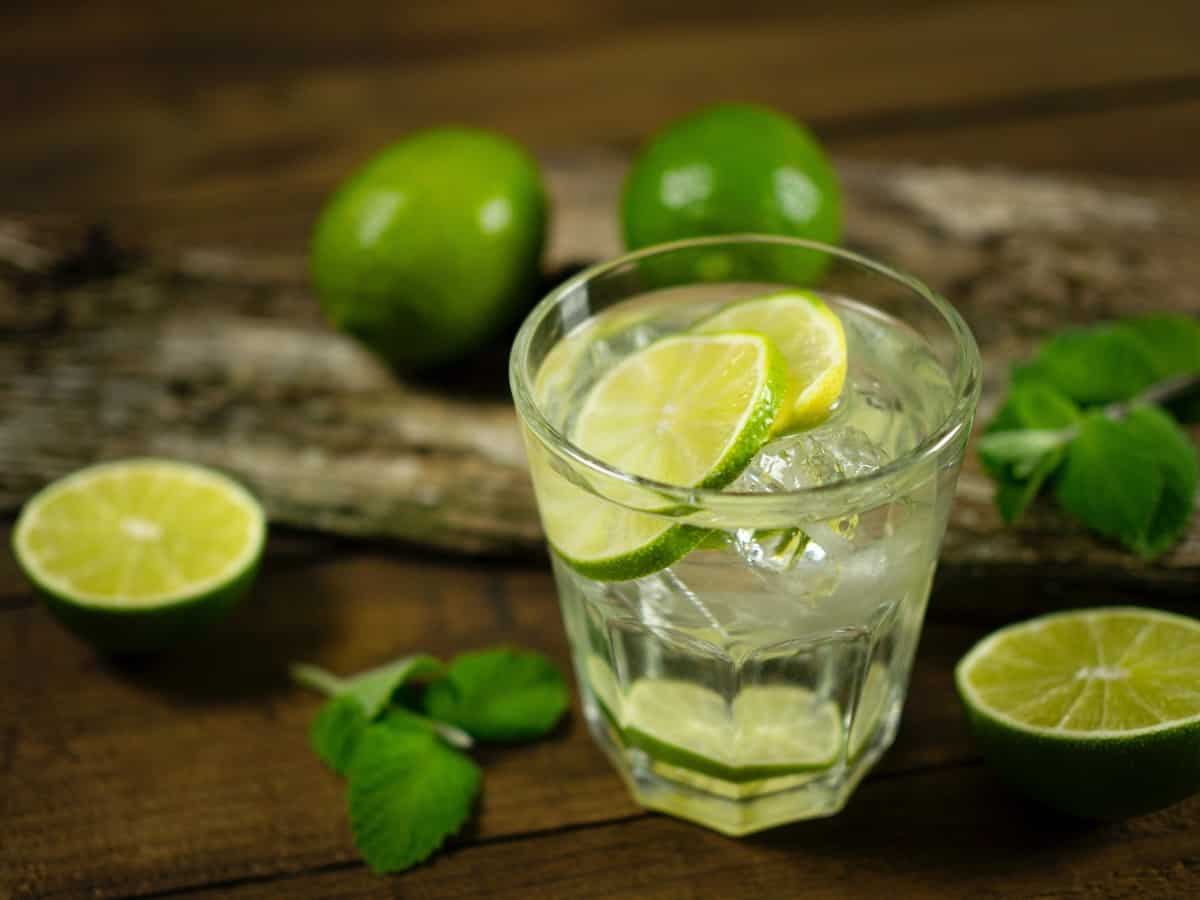
The “energy blend” is a proprietary component in almost every energy powder drink. Remember that manufacturers aren’t required to reveal the amount of each chemical in their product.
Caffeine is the most common ingredient in Energy powder drinks, which is occasionally combined with taurine, glucuronolactone, guarana, and B vitamins to create an “energy mix” defined by the manufacturers. There’s also sugar, amino acids, sweeteners, and additives.
- Citric Acid
- Sucralose
- Taurine
- Vitamins and B-Vitamins
- Caffeine
- Artificial Flavours
- Guarana Extract
- Green Tea Extract
| Green Tea Extract | Weight loss, disease prevention, and workout recovery can all be aided. It can also help maintain healthy skin and liver, blood pressure regulation, and brain health. |
| Ginseng Extract | Panax ginseng is used to treat memory and cognitive problems, depression, and other ailments. |
| Citric Acid | It’s an antioxidant found in nature. It’s a culinary flavoring, preservative, cleaning product component, and cosmetic ingredient. |
| B-Vitamins | It aids in converting food into energy (metabolism) and maintaining healthy skin, brain, and other bodily structures. |
| Guarana Extract | Guarana is said to boost both mental and physical performance. |
| Sucralose | It’s a calorie-free artificial sweetener that can reduce added sugar consumption while allowing you to enjoy the taste of something sweet. |
Citrus fruits, particularly lemons and lemons, contain naturally occurring citric acid. It gives them a sour and tangy flavor.
According to one report, although, it is unlikely to produce gas, the addition has been linked to nausea and allergic responses. Four patients experienced joint pain with swelling and stiffness, muscle and stomach pain, and shortness of breath after consuming foods containing produced citric acid.
Sucralose is a calorie-free sweetener that can be used to reduce added sugar intake while still allowing you to enjoy the taste of something sweet.
Sucralose and other artificial sweeteners cause laxative effects in some snackers, such as bloating, diarrhea, and gas. This could be because specific components of sucralose are metabolized by microorganisms in our intestines, resulting in a delightful byproduct: nitrogen gas.
Ginseng is a small, slow-growing plant with fleshy roots that comes in 11 different forms.
Some studies have documented nausea, diarrhea, abdominal bloating, and discomfort as adverse gastrointestinal effects. However, these effects could also be related to ingesting pesticides, which are widely used in commercial ginseng production.
Green tea is a herbal remedy for a variety of ailments. It won’t give you gas, but it will help you lose weight, regulate your blood sugar, avoid disease, and recover from exercise.
Caffeine And Stomach Gas
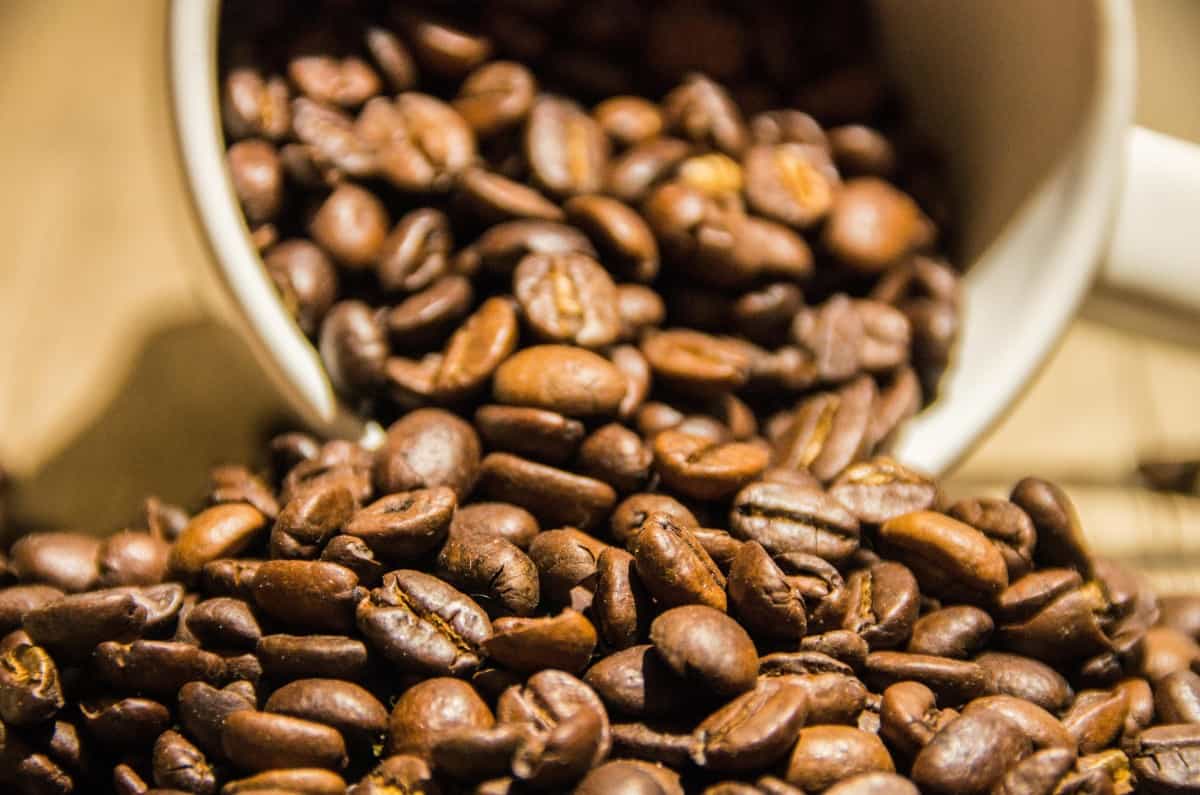
Caffeine is a stimulant in plants such as tea, coffee, and cocoa. In North America, 80 percent of the population, including 90 percent of adults, use caffeinated beverages daily.
Caffeine is highly acidic and thins the lining of your stomach and intestines, perhaps leading to a leaky gut.
When you take caffeine, your digestion is hindered. Caffeine causes your heart to beat quicker by increasing the synthesis of the stress chemicals cortisol, adrenaline, and norepinephrine. It provides energy when your stress hormones rise and your heartbeat increases, but it also causes indigestion.
Caffeine also has a diuretic effect. This means it removes water from your body to transport to your digestive system, resulting in dehydration. If you consume energy drink powder, drink lots of water to replenish the fluids your body and gut require.
As a diuretic, caffeine promotes peristalsis and gets things flowing in your digestive system. It is entirely up to you and your body whether you find this beneficial or harmful. Some people consume caffeine to help them have better bowel movements, while others find it causes frequent bathroom stops and abdominal pain.
Can Sugar Make You Gassy?
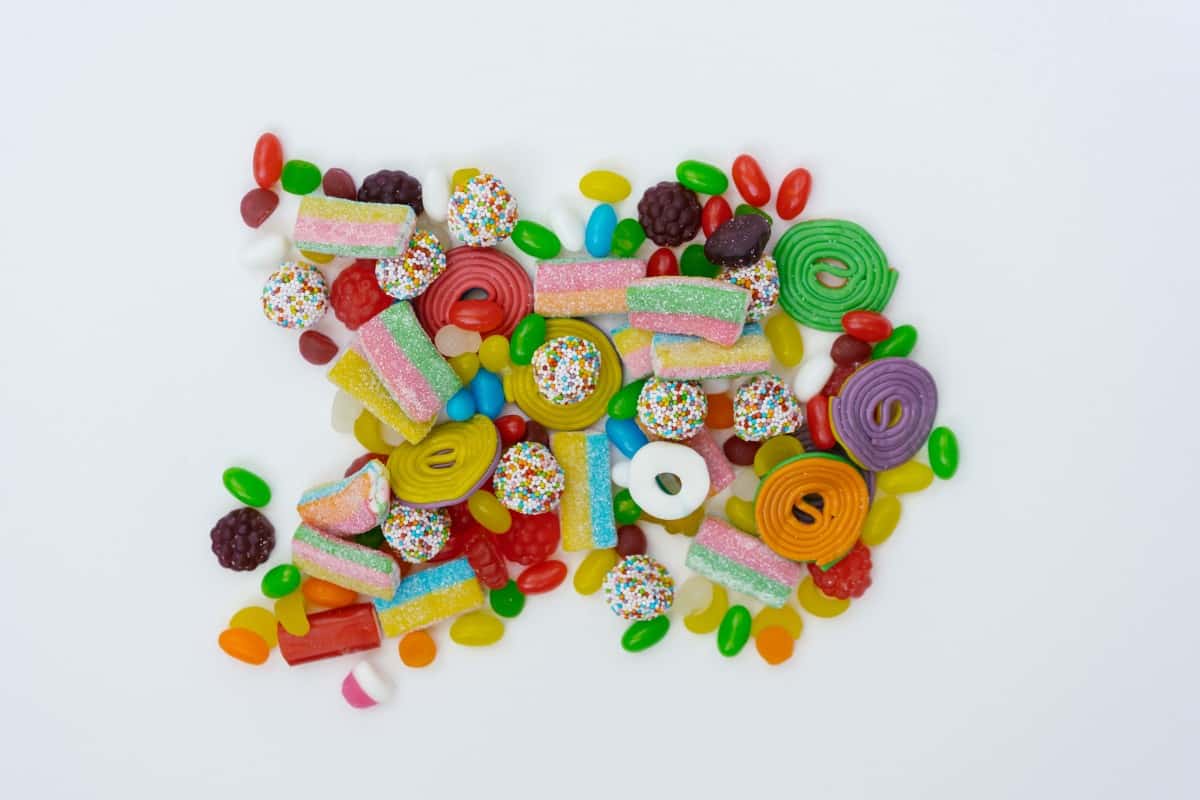
Yes, sugar can make you gassy, mainly processed sugar and artificial sweeteners.
Fruits, vegetables, and complex carbohydrates all contain natural sugars. In many cases, they’re packed with antioxidants, vitamins, and inulin soluble fiber. Natural sugars are slowly digested, allowing the body to retain more energy for extended periods.
Junk food, candy, and energy powder drinks, on the other hand, contain processed sugars. They have little to no nutritional value and are devoid of fiber, causing the body to absorb sugar too quickly.
Most adult women should consume no more than 100 calories per day (about six teaspoons or 24 grams of sugar), whereas most males should consume no more than 150 calories per day.
A surge in blood sugar is followed by a drop when processed sugars are swiftly digested and absorbed into the bloodstream.
Pathogenic bacteria increase when you feed the gut too many processed sugars and short inulin soluble fiber, disrupting the gut’s natural equilibrium.
Gas, bloating, and constipation are all symptoms of a leaky gut and difficulties in other parts of the body. Brain fog, headaches, and cravings for sweets are among the symptoms.
Processed sugar may give you a short burst of energy, but it’s only temporary, and you’ll collapse soon after.
Can Energy Powder Drinks Make You Gassy?
Yes, energy powder drinks can make you gassy.
People who consume energy powder drinks daily may develop gastritis. Gastritis can cause stomach irritation, pain, bleeding, and ulcers.
The stomach produces too much acid to compensate because of the high caffeine content in energy powder drinks. Heartburn is caused by too much acid in the gut, damaging the intestinal lining.
Caffeine can also wreak devastation on your digestive system. Energy powder drinks can cause nausea, vomiting, diarrhea, and excessive perspiration. Because of the high quantities of caffeine and extra vitamins, even the labels caution you not to drink more than once daily.
You may believe that vitamins are suitable for your stomach, but taking too many of them regularly might hurt your gut and cause liver toxicity.
Famous Sugar-Free Energy Powder Drinks
Glitch Powder Energy
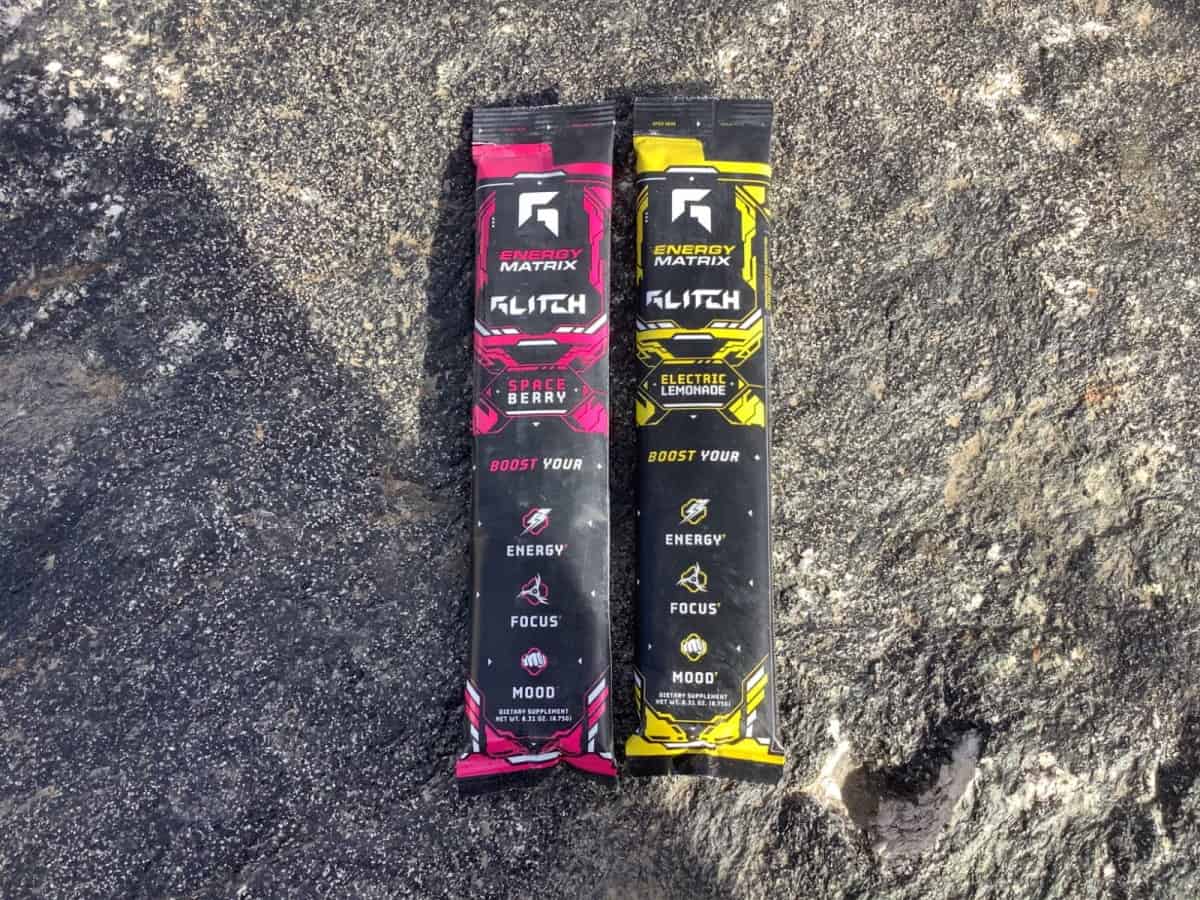
Surprisingly, this sugar-free powdered beverage contains a blend of nootropics and minerals well below the limits of health authorities. The caffeine dose isn’t too high and won’t cause you to crash.
You’ll get ample stimulation from each serving of Glitch, which contains 150 milligrams of caffeine. Furthermore, the caffeine in the beverage is all-natural.
Taurine is a frequent element in gaming and pre-workout drinks. Surprisingly, it has very modest and discreet impacts on you. 2 grams per serving dose is safe and well below the recommended dosage.
If there isn’t a sugar substitute, energy powder drinks will taste bitter. Sucralose and acesulfame are two sugar replacements in Glitch.
MIXT Energy
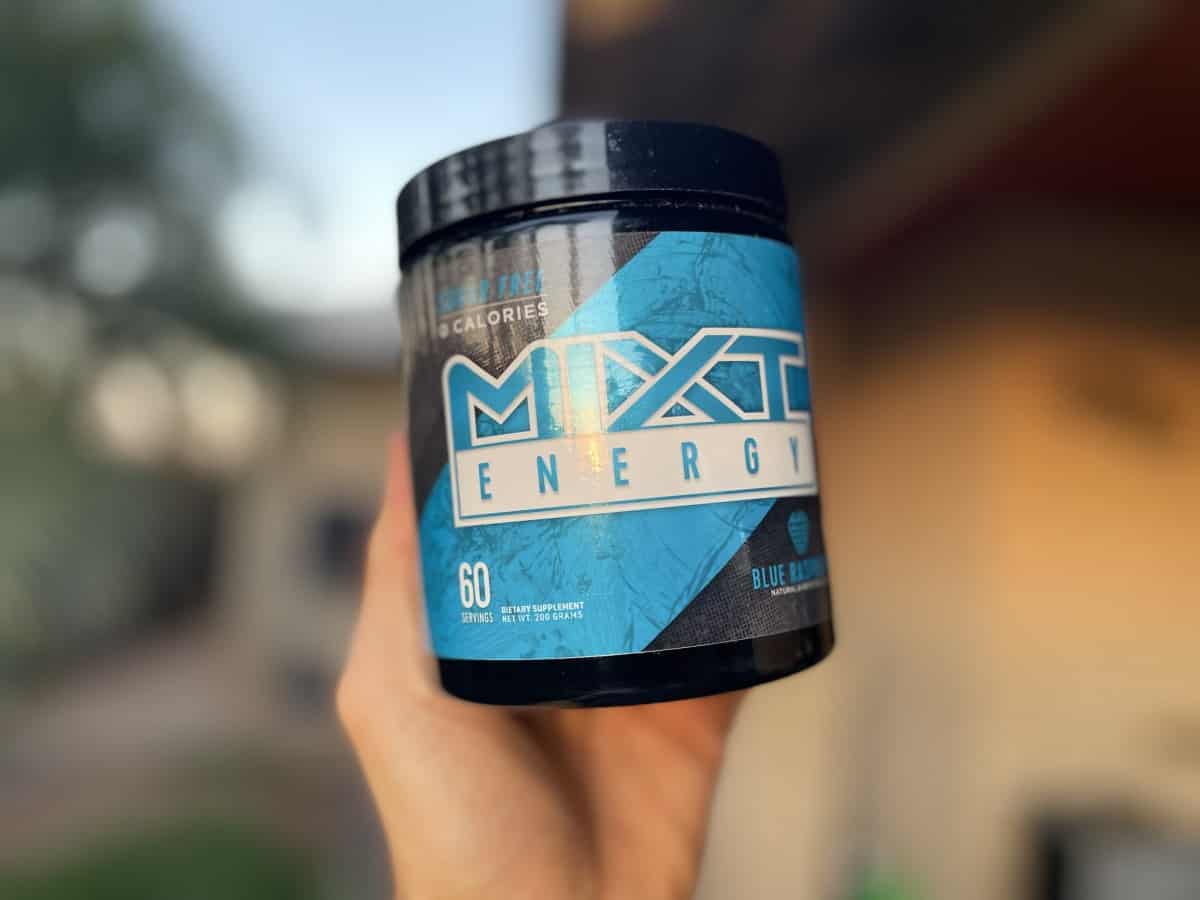
Mixt Energy is touted as an energy drink with natural game energy, containing chemicals that improve focus, information processing, and reaction time.
A single serving of Mixt Energy is equivalent to 1 scoop, and each container has 60 servings.
Each pack contains 166 mg of caffeine and contains vitamins and minerals. Mixt has less than 400 milligrams of caffeine, making it safe to ingest daily.
It’s an energy drink that’s sugar-free. Since Mixt has no sugar, you can enjoy it without worrying about your blood sugar levels. Second, there will be no sugar crash when you drink them.
It contains no calories. This makes it ideal for people looking for an energy boost while keeping their calorie intake in check.
Conclusion
- Energy powder drinks may be offered over the counter, but they are not healthy beverages. They are heavy in caffeine and sugar, and they can create health concerns when drunk in large quantities.
- Gas isn’t something everyone gets from energy drinks, but if you do, you’ll have symptoms including inflammation, pain, bleeding, and ulcerations in your small intestine and stomach.
- The high dosages of caffeine in energy drinks are most likely to be blamed, as caffeine stimulates stomach acid production.
- Energy powdered drinks also contain processed sugars. Fibers (insulin prebiotics) provide food for healthy bacteria in the gut, whereas sugar and refined carbs provide food and energy for pathogenic bacteria.
- When you feed the gut too many processed sugars, and short insulin soluble fiber, pathogenic bacteria increase, and the gut’s natural equilibrium is disrupted. This causes a leaky stomach, which results in gas.

